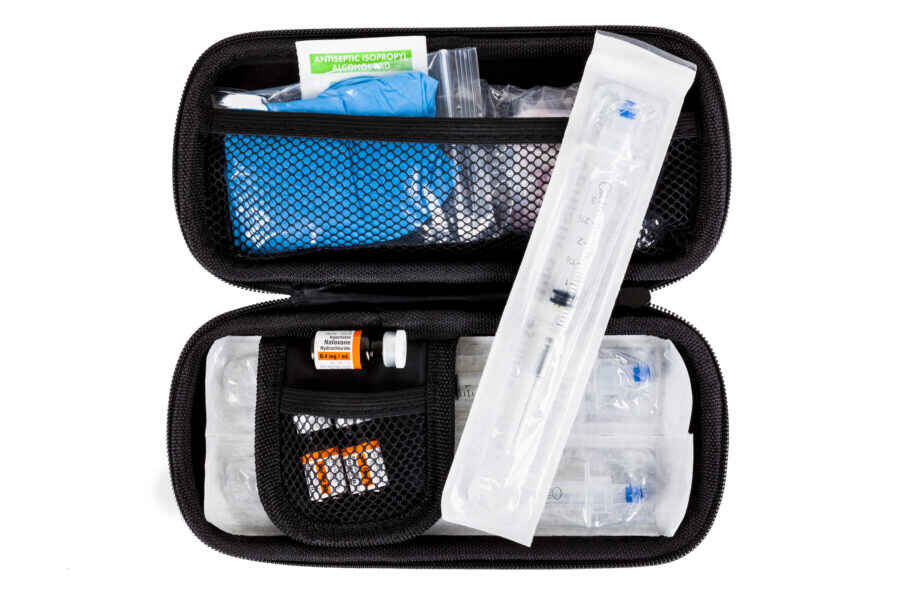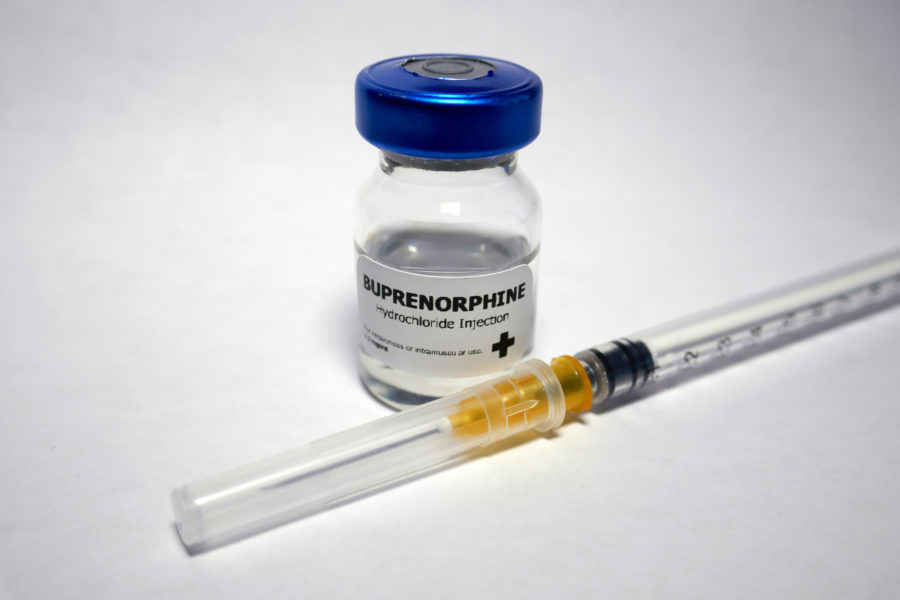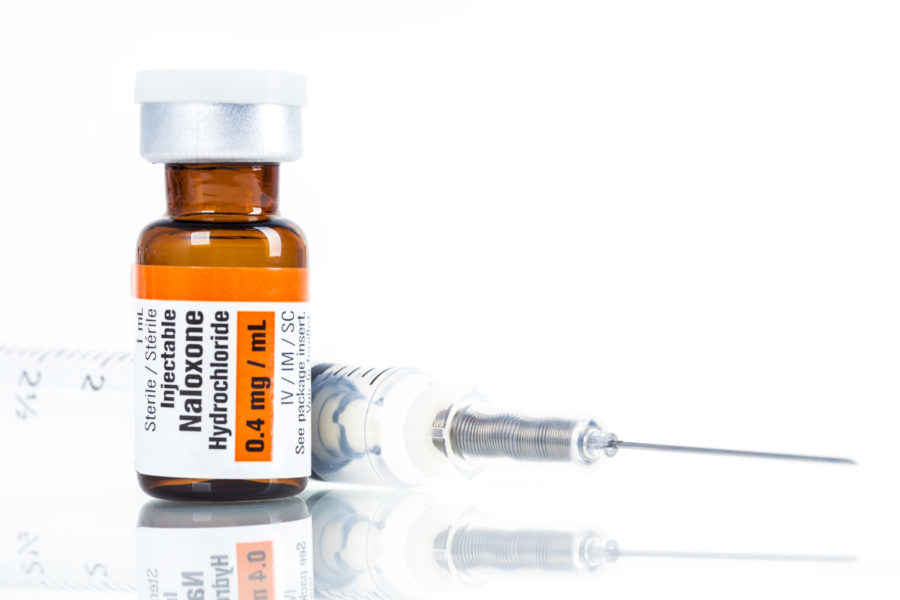
Determining Whether Federal Law Prohibits the Mailing of Naloxone
Law & Policy InsightsHarm Reduction Legal ProjectHarm Reduction Legal Project ResourcesOpioid Misuse and Overdose PreventionSubstance Use Prevention and Harm ReductionThe Network’s Harm Reduction Legal Project works to address the legal and policy barriers that impede the establishment and expansion of evidence-based harm reduction measures such as naloxone distribution, syringe access programs, and access to evidence-based substance use disorder treatment. One of the questions frequently received by the Project is whether federal law prohibits harm reduction organizations and similar groups who are authorized to distribute naloxone from mailing the medication.











